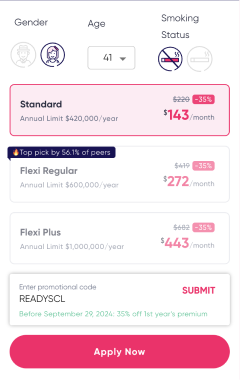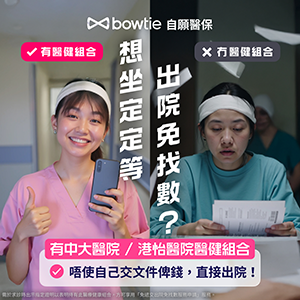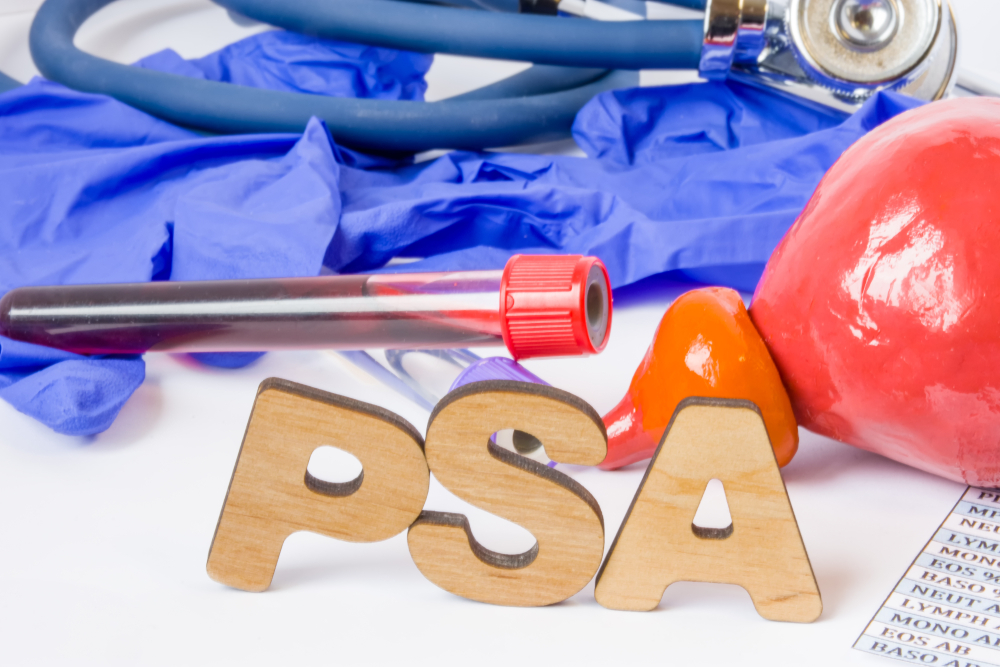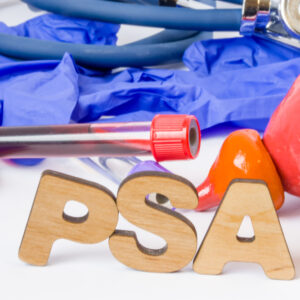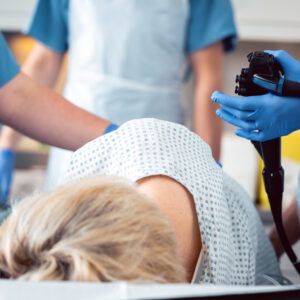Understanding Down Syndrome
Down Syndrome, also known as Trisomy 21, is a genetic disorder discovered by Dr. John Langdon Down in 1866. Individuals with Down Syndrome may experience varying degrees of intellectual disabilities and certain physical characteristics. They may also have other health issues, such as congenital heart defects of varying severity.
However, with special care and education, individuals with Down Syndrome have the opportunity to integrate into mainstream schools and lead semi-independent lives.
Down Syndrome is caused by the presence of an extra copy of chromosome 21. According to data from the Department of Health, there is a 1 in 700 chance of a newborn having Down Syndrome, and the likelihood increases with the mother’s age during pregnancy. However, parents can assess the risk of their baby having Down Syndrome through prenatal screening.
Introduction to Down Syndrome Testing
Down Syndrome Testing
Down Syndrome testing is divided into two stages.
The first stage involves risk assessment based on gestational age:
- First-trimester screening (pregnancy less than 14 weeks): This includes an ultrasound to measure fetal age and nuchal translucency, as well as blood tests to measure pregnancy-associated plasma protein-A (PAPP-A) and human chorionic gonadotropin (hCG) levels. The accuracy of this screening is about 90%. If there is an abnormal increase in nuchal translucency, it may be associated with other chromosomal abnormalities and congenital birth defects.
- Second-trimester screening (pregnancy between 14 and 20 weeks): This involves blood tests to measure alpha-fetoprotein (AFP), hCG, estriol, and inhibin-A levels. The accuracy of this screening is about 80%.
The results of these screenings are typically available within two weeks, and approximately 5% of the reports may indicate a higher chance of the fetus having Down Syndrome, requiring further evaluation in the second stage.
The second stage of screening is called “non-invasive prenatal testing” and includes tests such as T21 and Nifty. These tests analyze the chromosomes in the maternal blood sample and have an accuracy of about 99%, with less than 1% false-positive rate. If the report indicates “high risk” or “unable to provide results,” counseling will be arranged, and diagnostic tests such as amniocentesis and chorionic villus sampling will be conducted to confirm the results.
| Pregnancy Stage | Accuracy | Miscarriage Risk | |
| First-trimester screening | Before 14 weeks | 90% | None |
| Second-trimester screening | Between 14 and 20 weeks |
80% | None |
| Non-invasive prenatal testing (including T21, NIFTY) | After 10 weeks | 99% | None |
| Amniocentesis | After 10 weeks | 100% | 0.5%-1% |
| Chorionic villus sampling | Before 13 weeks | 100% | 1%-2% |
Down Syndrome Testing Fees
While public hospitals in Hong Kong provide free Down Syndrome screening for pregnant women (first-trimester and second-trimester screening), including basic blood tests and ultrasound examinations, many pregnant women choose to undergo “non-invasive prenatal testing” (T21, NIFTY testing) at private hospitals or clinics to obtain more accurate results.
The fees for various testing options are as follows:
-
First-trimester/Second-trimester Screening
| Hospital/Clinic | Fees |
| Hong Kong Sanatorium & Hospital* | HK$3,070(singleton) HK$3,900(Twins) |
| Hong Kong Baptist Hospital* | HK$2,890 – HK$5,780 (lab fees not included) |
| Gleneagles Hospital Obstetrics & Gynaecology Clinic# | HK$2,600 |
- T21 Non-Invasive Prenatal DNA Screening
| Hospital/Clinic | Fees |
| Precious Blood Hospital* | HK$4,500 |
| PolyHealth Specialists# | HK$7,500 (inclusive of consultation fee) |
| Gleneagles Hospital Obstetrics & Gynaecology Clinic# | HK$6,170(T21 Basic) HK$7,770(T21 Advanced) |
- NIFTY Non-Invasive Prenatal DNA Screening
| Hospital/Clinic | Fees |
| Union Hospital# | HK$6,300(NIFTY Pro) HK$7,300(NIPD Zplus) |
| The Family Planning Association of Hong Kong* | HK$4,500(NIFTY Pro) |
- #Related charges as of March 3, 2020, obtained via phone inquiry
- *Price reference from respective official websites (updated on August 5, 2021)
What causes Down Syndrome? Is it related to chromosomes?
In normal individuals, each cell contains 46 chromosomes, each of which carries different genetic information, such as physical characteristics, intelligence, and skin color. If there are abnormalities in the chromosomes, there is a chance of developing Down Syndrome:
- Trisomy 21
This occurs when there is an extra copy of chromosome 21, resulting in a total of 47 chromosomes. Approximately 95% of cases belong to this type.
- Chromosomal translocation
An extra chromosome attaches to another chromosome, particularly on the 14th or 21st pair. This accounts for 5% to 6% of cases.
- Mosaicism
Some cells have 47 chromosomes, while others have 46 chromosomes. This is a rarer condition and accounts for 1% of cases.
Does genetic factors increase the risk of Down Syndrome?
As mentioned above, Down Syndrome is caused by abnormalities in the number or structure of chromosomes. According to past statistical data, the older the parents, the higher the risk of the fetus developing Down Syndrome.
Based on news reports, the probability of a mother in her 30s giving birth to a baby with Down Syndrome is less than 0.2%, while the probability increases to over 4% for mothers aged 45 or above.
| Maternal Age during pregnancy | Chance of the baby having Down Syndrome |
| 20 | 1 in 1500 |
| 25 | 1 in 1300 |
| 30 | 1 in 900 |
| 35 | 1 in 350 |
| 40 | 1 in 100 |
| 45 | 1 in 25 |
Characteristics of Down syndrome
Individuals with Down syndrome have congenital disabilities that make them different from typical individuals in various aspects such as physical function, cognition, and language.
- Slower learning abilities
Most individuals with Down syndrome have mild to moderate intellectual disabilities. However, given learning opportunities, they can learn to take care of themselves, communicate with others, and even work. Additionally, they have a strong affinity for music, dance, and imitating others.
- Poor social skills
Although individuals with Down syndrome may initially have poor social skills, they can learn social interaction skills when given the opportunity to interact with others.
They also have the following physical features:
- Flattened head, slanted eyes, and a flat nose
- Small mouth, thick and furrowed tongue
- Short fingers and a larger gap between the first and second toes
- Generally shorter stature
- Prone to obesity
Personality characteristics of individuals with Down syndrome
Although individuals with Down Syndrome can sometimes be stubborn, they are generally more optimistic, friendly, and straightforward in their speech. On the other hand, they are eager to help others and make friends.
According to news reports, individuals with Down syndrome may have a shorter lifespan due to their poorer physical function compared to typical individuals.
In 1983, the average lifespan for individuals with Down syndrome was only 25 years. With medical advancements, their lifespan has significantly increased to around 60 years in recent years. Apart from lifespan, they may experience the following health issues:
- Congenital heart disease
40% to 60% of infants with Down syndrome have heart defects, and severe cases can lead to other complications such as pneumonia, hearing impairment, or deafness.
- Eye problems
These may include nearsightedness, crossed eyes (strabismus), and blocked tear ducts leading to excessive tearing.
- Hypothyroidism
Insufficient thyroid gland function can affect their emotions.
- Poor muscle tone
This can result in weaker muscle performance, making fine motor skills such as finger dexterity and buttoning clothes more challenging.
- Sleep apnea
- Mild to moderate intellectual disabilities,
Regarding communication
- Keep your speech simple, direct, and use a positive tone. Speak at a moderate pace and ensure clear pronunciation. Additionally, maintain eye contact when communicating with individuals with Down syndrome.
Regarding listening
- Pay attention to their choice of words, facial expressions, and gestures. If you didn’t understand what they said, ask them to repeat and patiently listen to their meaning.
Other considerations:
- Lead by example.
- Assist them in expressing their emotions.
- Initiate conversations based on their interests and favorite topics.
- Be patient.
- Avoid using derogatory language or criticizing them.
The Hong Kong Down Syndrome Association is a non-profit charitable organization that provides comprehensive family support and vocational rehabilitation services to individuals with Down syndrome and their families, helping them achieve holistic development.
For assistance, you can contact the Hong Kong Down Syndrome Association.
- 1Department of Health
- 2Hong Kong Sanatorium & Hospital
- 3Hong Kong Economic Times
- 4Hong Kong Down Syndrome Association
